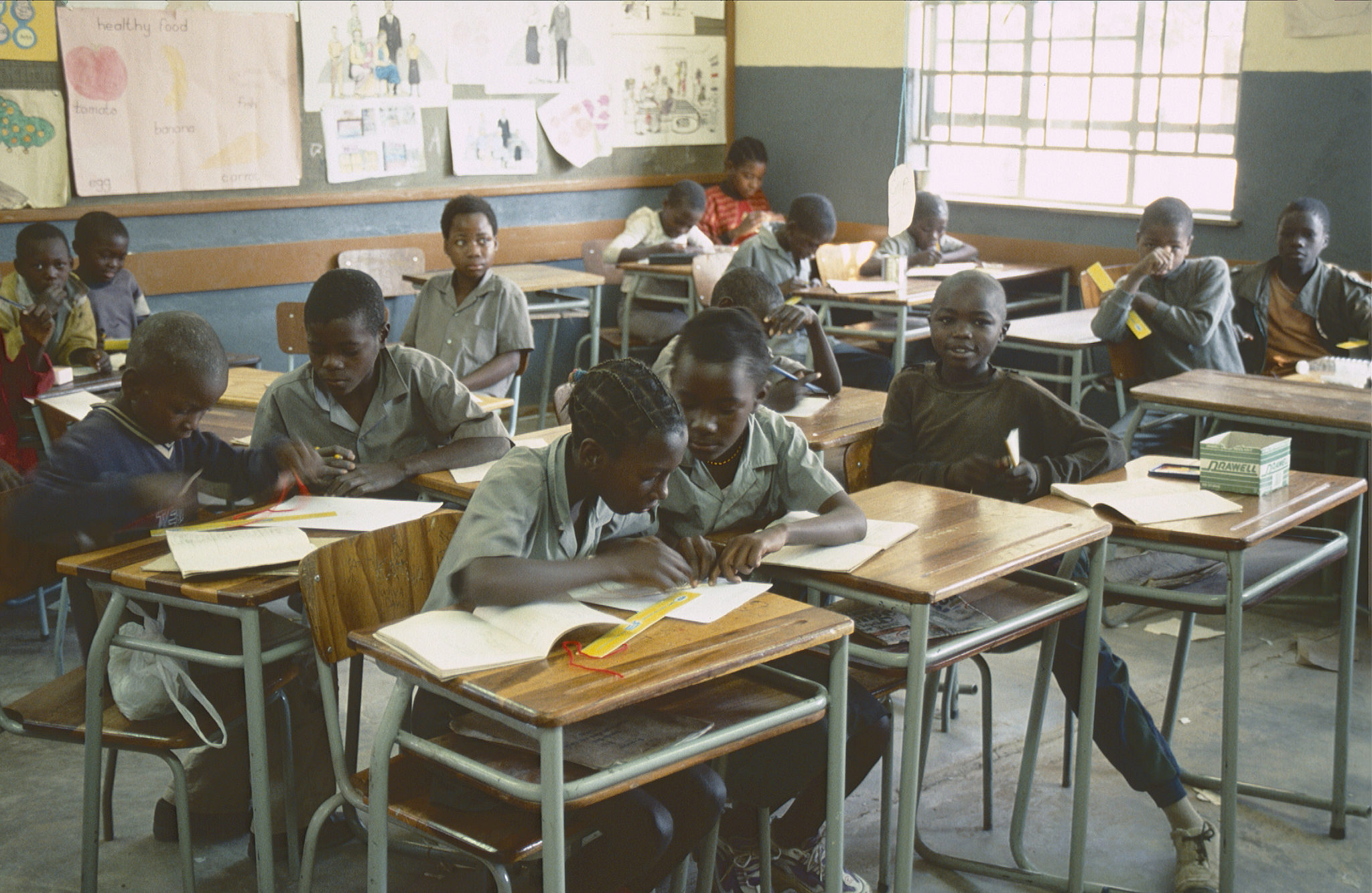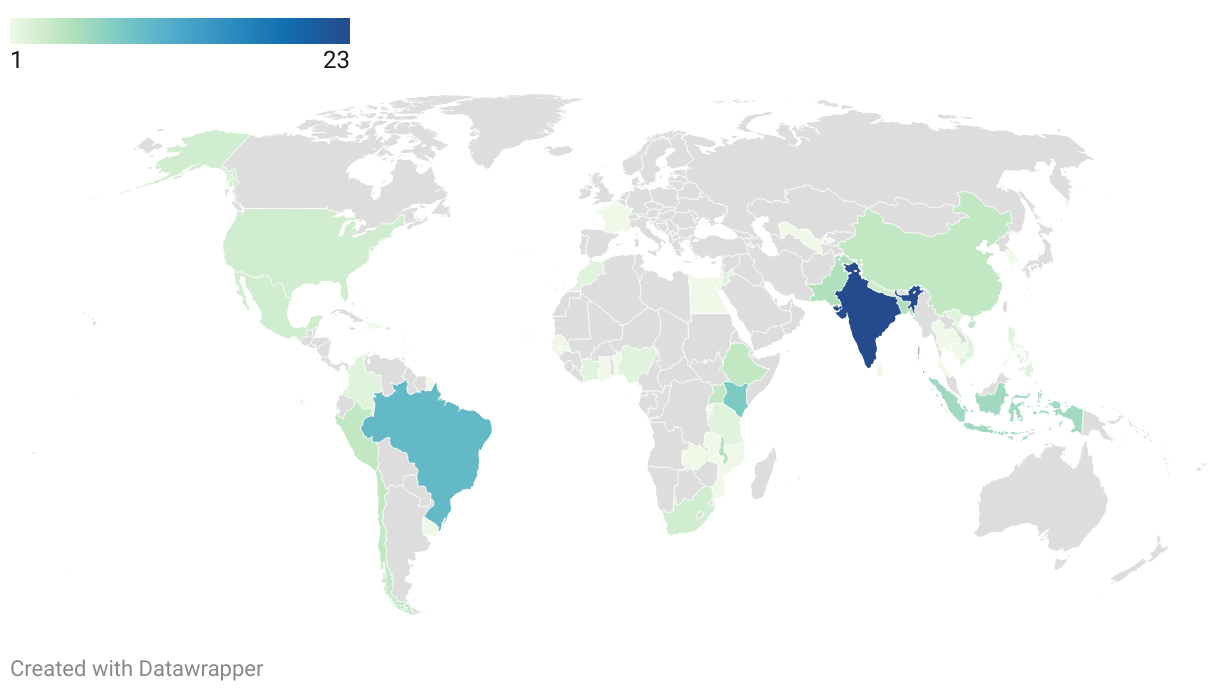Using panel data from Mozambique collected in 2007 and 2008, the authors explore the impact of the food crisis on welfare of households living with HIV/AIDS. The analysis finds that there has been a real deterioration of welfare in terms of income, food consumption, and nutritional status in Mozambique between 2007 and 2008, among both HIV and comparison households.
However, HIV households have not suffered more from the crisis than others. Results on the evolution of labor-force participation suggests that initiation of treatment and better services in health facilities have counterbalanced the effect of the crisis by improving the health of patients and their labor-force participation.
More from Mozambique: Antiretroviral Therapy Awareness and Risky Sexual Behaviors - Working Paper 239
In addition, the authors look at the effect of the change in welfare on the frequency of visits to health facilities and on treatment outcomes. Both variables can proxy for adherence to treatment. This is a particularly crucial issue as it affects both the health of the patient and public health because sub-optimal adherence leads to the development of resistant forms of the virus. The authors find no effect of the change in welfare on the frequency of visits, but they do find that people who experienced a negative income shock also experienced a reduction or a slower progress in treatment outcomes.
Preview
Rights & Permissions
You may use and disseminate CGD’s publications under these conditions.
More Reading





